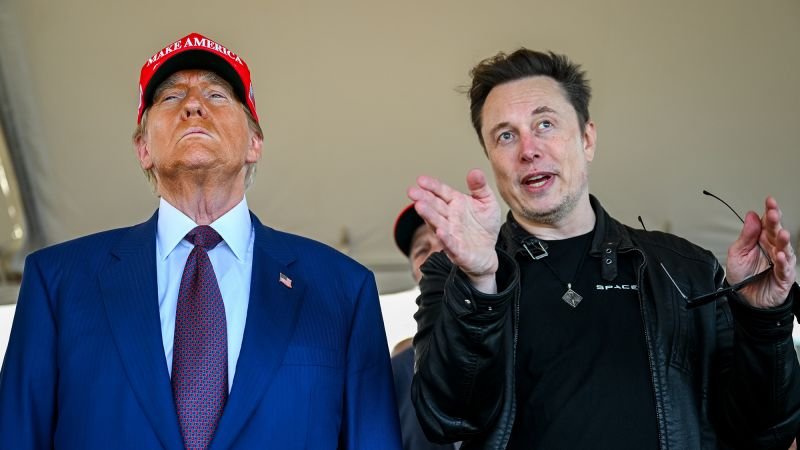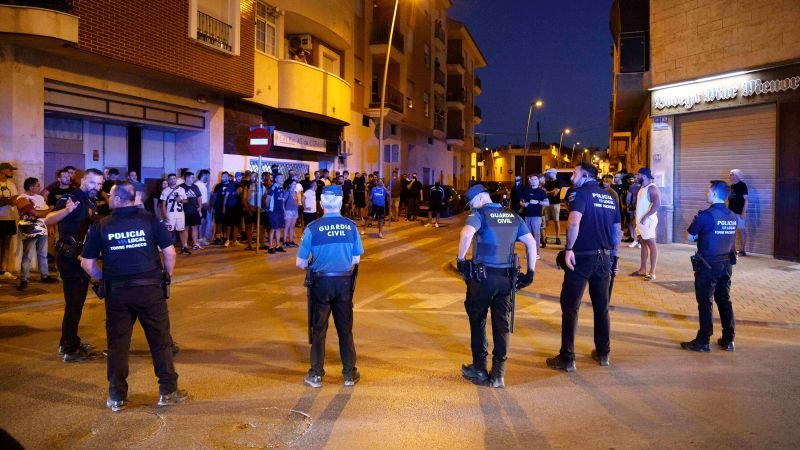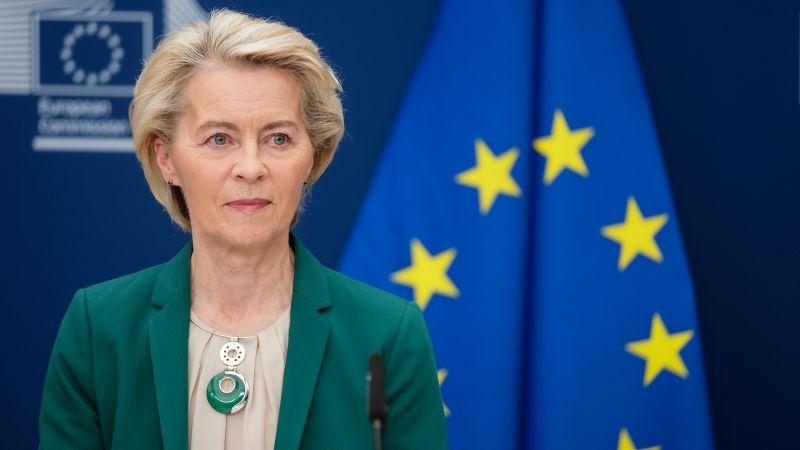London
CNN
—
A man has escaped from a prison in France by hiding in a bag belonging to his cellmate who was being released after finishing his sentence, an official told local media.
Sébastien Cauwel, director of France’s prison administration, told CNN affiliate BFMTV Sunday that the man “took advantage” of the release of his fellow inmate to escape from the Corbas prison near Lyon, a city in the country’s southeast.
Cauwel told the broadcaster that prison officials had noticed on Saturday morning that the man had escaped. He acknowledged an “accumulation of errors,” noting that an investigation into the incident had been opened.
“This is an extremely rare event that we have never seen in this administration and which clearly shows a whole series of serious failures,” Cauwel said, noting that the Corbas prison is overcrowded.
The prison has an occupancy rate of around 170%, he told the broadcaster. “That makes the working conditions of our officers more complicated.”
The inmate who escaped was serving several sentences, France’s prison service said in a statement cited by European news agency AFP. He was also under investigation in a case connected to organized crime, AFP reported, citing an unnamed source close to the matter.
Last year, another prisoner in France escaped after gunmen ambushed a prison convoy transporting him to a jail in the northern region of Normandy. The fugitive, Mohamed Amra – also known as “The Fly” – was rearrested in Romania in February this year, according to Reuters.























